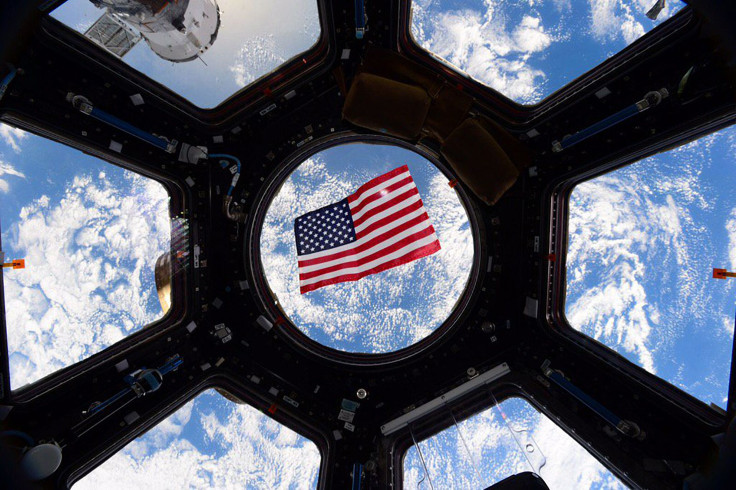How Would Donald Trump’s Presidency Impact NASA’s Deep Space Exploration, Earth Sciences Program?

Not much is currently known about Donald Trump’s plans for NASA, as the president-elect is yet to outline a cogent space policy. However, comments his advisers have made during the course of the campaign make two things absolutely clear — under Trump, NASA will increase its focus on deep space activities, and its Earth science programs may suffer serious cuts.
“NASA should be focused primarily on deep space activities rather than Earth-centric work that is better handled by other agencies,” senior Trump advisers Robert Walker — former chairman of House Science Committee — and Peter Navarro — a professor of economics — wrote in a recent op-ed for Space News. “Human exploration of our entire solar system by the end of this century should be NASA’s focus and goal. Developing the technologies to meet that goal would severely challenge our present knowledge base, but that should be a reason for exploration and science.”
For the fiscal year 2016, NASA received $1.9 billion for its Earth science division, which focuses on conducting satellite-based observations of Earth’s atmosphere and the surface in order to improve climate change predictions. Overall, during President Barack Obama’s tenure, the agency’s Earth science budget has grown by 50 percent — something that has irked a lot of Republicans who have argued that Earth sciences are not “hard science.”
“It relates to weather; it relates to Earth-based needs. And so NOAA is probably a more appropriate place for that to be done,” Walker told the Verge.
Even insofar as NASA’s space programs are concerned, there may be a strategic shift in the agency’s approach. Brian Weeden, a technical adviser for the nonprofit Secure World Foundation, told Space.com that NASA’s Asteroid Redirect Mission — which aims to pluck a boulder from space and place it in the lunar orbit, where astronauts would visit it — may be scrapped under Trump's presidency. Instead, the space agency may be directed to focus its attention on returning to the moon and on establishing lunar bases where technology that would be needed in manned missions to Mars can be tested.
An area that is unlikely to change much is NASA’s ongoing partnership with private companies such as SpaceX and the United Launch Alliance. In a recent rally in Florida, Vice President-elect Mike Pence said that Trump would “promote increased cooperation with the commercial space industry” in order to “provide capabilities needed for our nation to maintain constant pressure in low Earth orbit and beyond.”
“Donald Trump and I have a plan to make the American space program great again,” Pence said. “We all know that space is the final frontier, and just as we’ve always done before, America needs to lead the way on the final frontier.”
© Copyright IBTimes 2024. All rights reserved.





















